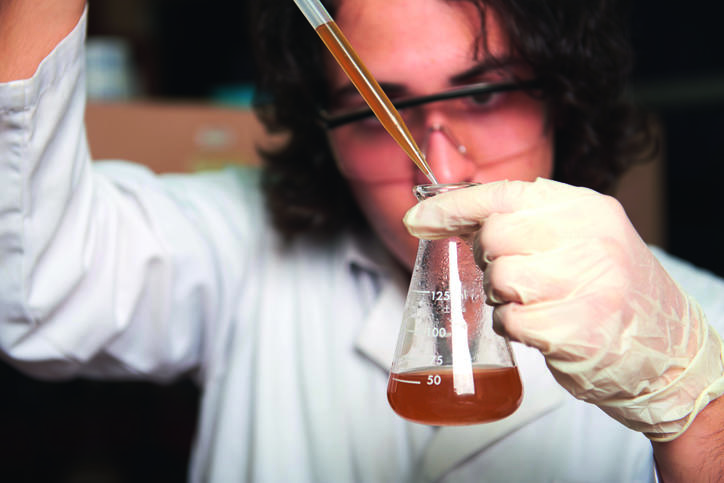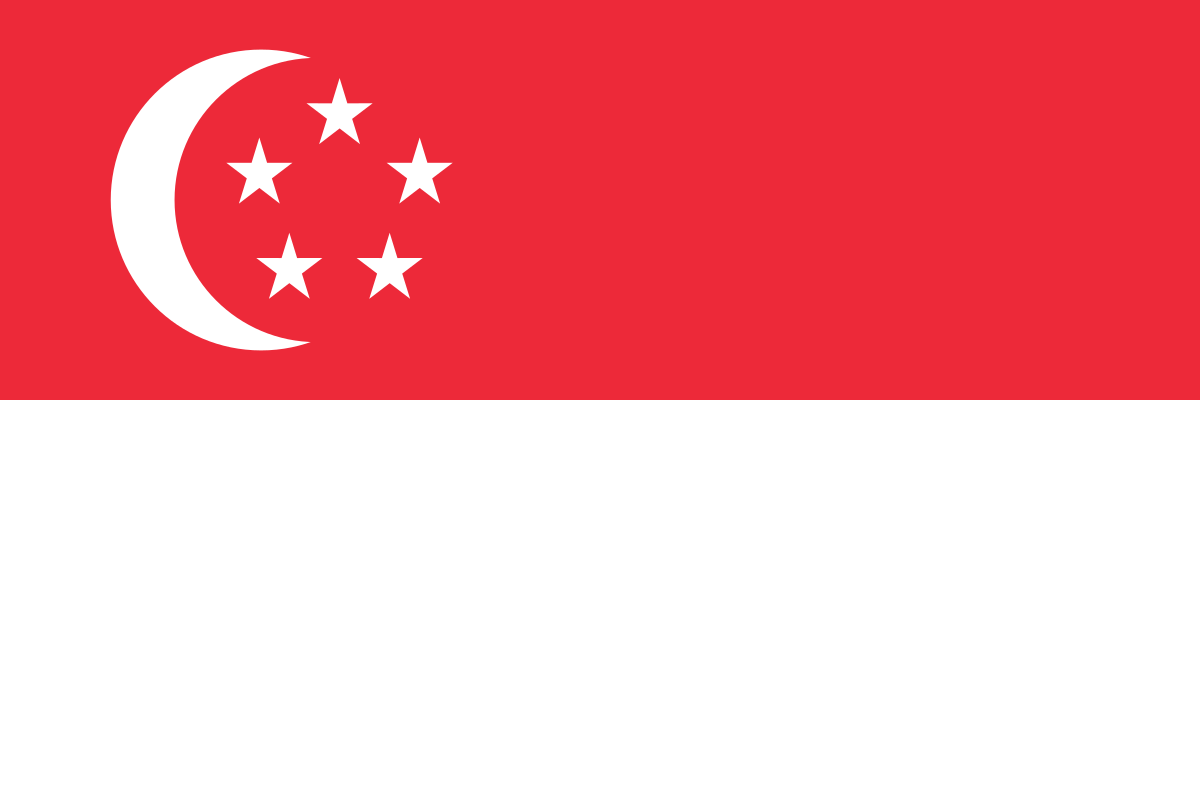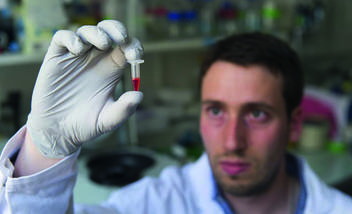Doctoral departments and programmes

France's system of public higher education and research is keenly attuned to international trends in science and scholarship and wide open to international participation. The extent of the collaboration between French academics and their colleagues around the world is indicated by the fact that almost half of all French scholarly publications are coauthored with at least one foreign colleague.
Research: a major French priority
France devotes more than 2% of its GDP (about €40 billion) to public and private research. The nation is home to some 70,000 doctoral candidates, a third of whom are from outside France, and more than 200,000 scholars and researchers, about half of whom work in public universities, schools, or other institutions.
Prestigious prizes for France's leading researchers
61 Nobel Prizes laureates are French which make France the 4th most awarded country.
Thirteen of the 61 Fields medals awarded in mathematics every four years since 1936 have been won by French citizens. Artur Ávila is the 13th French winner. Along with the United States, France accounts for the largest number of winners (counting Alexander Grothendieck, who is stateless but was trained and spent much of his working life in France).
Doctoral training
In more than 300 French doctoral departments 62,000 faculty members of professorial rank provide training in research in close cooperation with more than 1,200 research laboratories. Consult our catalog.
Training takes place within a research team or unit (UR) affiliated with a doctoral department and under the supervision of a dissertation director. Most doctoral departments are found in universities. They organize research teams along thematic lines.
Some 10,000 doctoral dissertations are defended each year in France. The number of foreign recipients of French doctorates, like their proportion of the pool of doctoral candidates, has risen steadily in recent years.
Any student holding a master's degree or the equivalent may apply to a doctoral program. After an average of 3 years of study and successful defense of a dissertation, candidates receive a doctoral degree.
Most candidates are required to secure financing for their research as a condition for admission to a doctoral program.
Doctoral departments
Doctoral departments within institutions of higher education provide a home for the research teams in which doctoral candidates are trained.
-
Doctoral departments provide candidates with advanced scientific training, prepare them for a career in research, and expose them to the diversity of research occupations.
-
Doctoral departments support candidates as they prepare and defend their dissertation.
Doctoral candidates who are employed by their host institution benefit from new measures (visas and residency provisions) designed to encourage international students to seek doctoral training in France.












